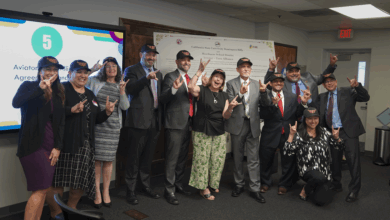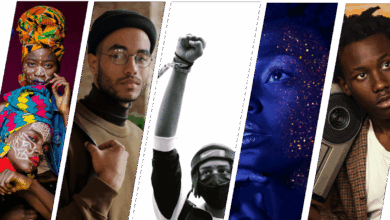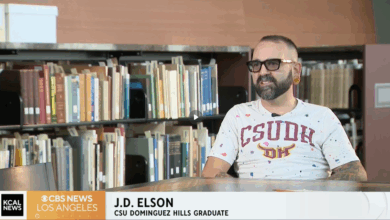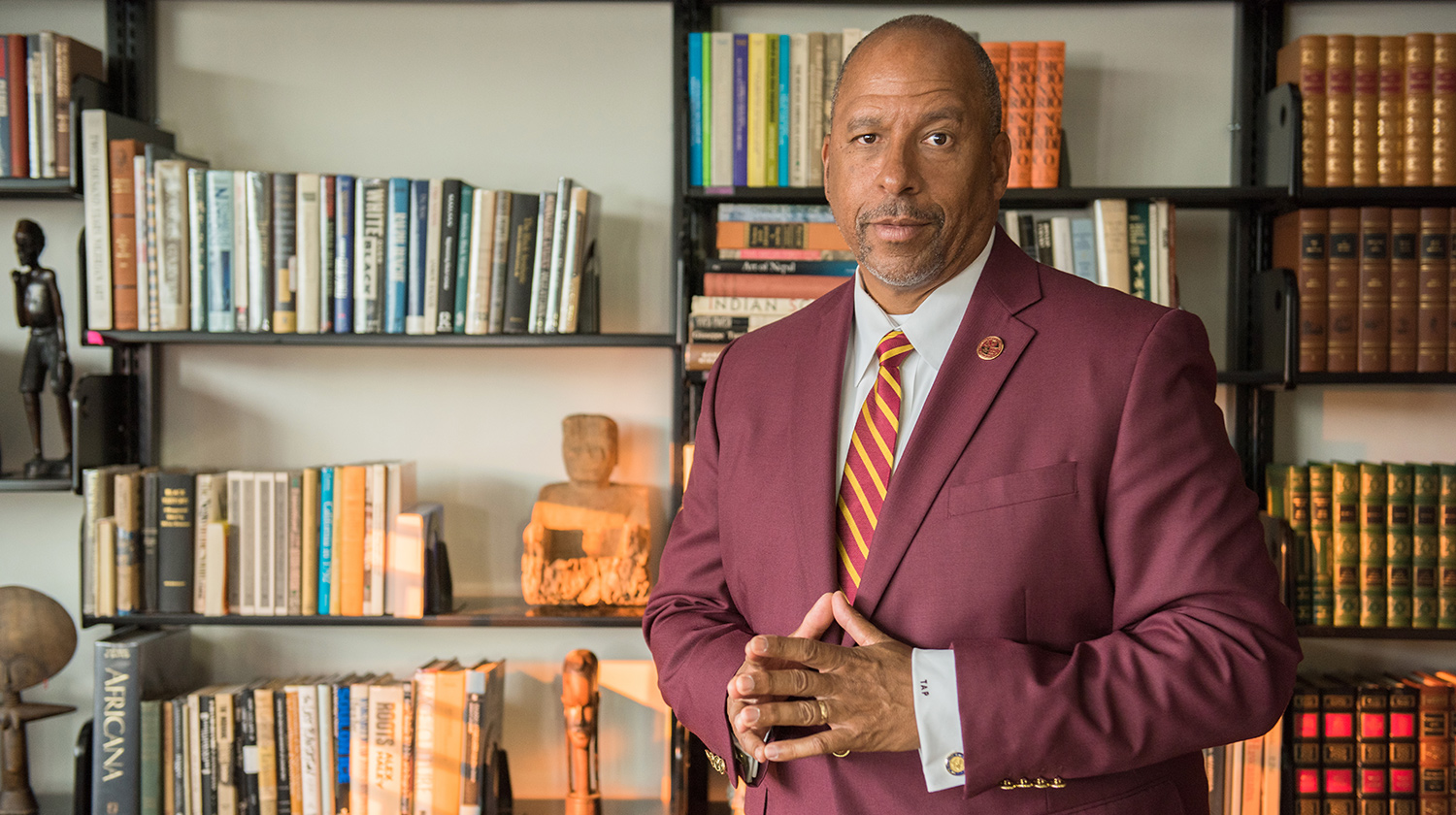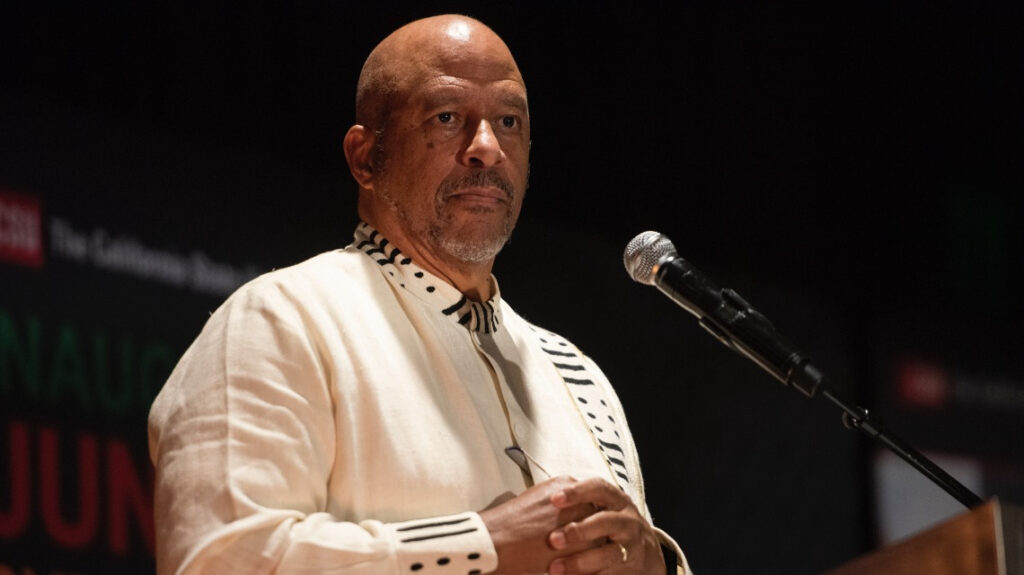
Source: Op-Ed by CSUDH President Thomas A. Parham for Inside Higher Ed
Amid the controversies over whether and when presidents should speak out, Thomas A. Parham asks, whose voice are we listening to?
L. Song Richardson’s decision in February to step down from her position as president of Colorado College surprised many people both within and outside of higher education. It also has raised some interesting questions to interrogate especially for many of us who hold a similar office.
Richardson, a celebrated academic law professor and former dean of the School of Law at University of California, Irvine, was appointed as the chief executive at the small liberal arts college just a little less than three years ago. Although serving in that capacity was clearly an achievement and honor, holding the office created an audio shackle of sorts, according to Richardson. She came to feel that the desire to use her voice and perspective to weigh in on the most controversial issues of the day conflicted with the perceived roles and responsibilities of a university president.
While I respect and support my colleague’s decision, I’m not sure that I share all of the implied assumptions surrounding it. One such assumption is that a president must remain unbiased in their opinions and perspectives, even though every member of a university community holds some. It’s impossible for presidents to not hold their own views, even if they keep them to themselves.
Another assumption is that presidents are required to maintain an objective posture on issues so students can experience the full range of available perspectives free of any bias or contamination that a president may inject into a discussion. But I’m not sure I subscribe to the notion that students’ intellectual and emotional sensibilities are so tender and fragile that they are incapable of sifting through a chief executive’s opinions on certain issues and forming their own independent conclusions.
The fact is that the college and university campuses we presidents lead should be the places and spaces where the most important issues of our day become the topics of critical discourse and analysis. The vigorous exchange and weighing of ideas is a hallmark of the academy and a cherished value. A part of bold, dare I say progressive, leadership is framing narratives around a whole host of perspectives—indeed, it would seem to be an academic ideal.
That is particularly true in a changing national zeitgeist and media climate that is often void of authentic intellectual rigor, dominated by skewed political perspectives, anxious to forget or deny the historical wrongs of this country’s past, and prone to shield people from their emotional and intellectual discomfort. Moreover, especially of late, it’s all occurring in an atmosphere in which many people seem determined to suppress any signs of a “woke” agenda—that is to say, any efforts that seek to raise awareness and expand consciousness on ways to usher in a more compassionate and respectful appreciation of cultural differences.
Richardson’s case does raise a different line of inquiry, however: As presidents, how do we reconcile the choice between what we must do and what we feel is right to do? Unquestionably, the recent scrutiny placed on presidential opinions when it comes to domestic issues such as affirmative action or women’s reproductive rights, or more global issues like the Israeli-Palestinian conflict or the Russian aggression against Ukraine, is quite pronounced. And given the backlash presidents can endure for disappointing and even angering constituents when rendering opinions on controversial subjects, many chief executives have decided to mute their voices in hopes of enjoying a safer terrain free from, at best, unwanted public scrutiny or, at worst, severe critique.
Presidents, like executive managers in corporations, are expected to remain poised and objectively professional. In managing our college or university’s affairs in the midst of national trends, we must guard against antagonizing key stakeholders like boards, major donors and key legislators who have or seek to exercise authority and oversight over our positions. We are also expected to use our voice and position to articulate perspective on the challenges our institutions are facing, and yet we must do so in adherence to a set of institutional or corporate norms and values.
But the norms and values of our institutions may run very well contrary to our own, as the case of L. Song Richardson epitomizes. And while most presidents have faced scrutiny and felt the tensions I’ve described when it comes to speaking out, the issues she and others have confronted in their presidencies increase in complexity when we add in variables like race and gender.
By that I mean that when the norms about how a president should act or respond in a given situation are anchored in a framework that is decidedly white and male, there is a high degree of congruence between people’s expectations and how that individual responds. In contrast, women, people of color and others who are underrepresented in college presidencies can face greater expectations, as they are often the first woman or minority person holding the top position at their institution. At the same time, various constituents may perceive their perspectives and comments as deficient or inappropriate because they diverge from societal norms as a result of those leaders’ different cultural identities.
Moreover, what’s just as important—if not more so—but often not discussed, is that presidents who aren’t white and male must frequently grapple with distinct internal dilemmas. From my vantage point as a fellow African American president, and a culturally conscious one at that, I’m aware that presidents of color and other marginalized groups often hear a different voice. The President Richardsons of the world often hear the voice of the Afro-Caribbean psychiatrist Frantz Fanon, who argued that, “Each generation, out of relative obscurity, must reach out, and seek to fulfill its legacy or betray it.”
How does President Richardson—or do I, for that matter—in recognizing the struggle and sacrifice our ancestors waged for us to occupy the seats that we do, fulfill a legacy by remaining silent? Socially and culturally conscious leaders often hear the vocal stylings of Martin Luther King Jr., who reminds us that “our lives begin to end the day we become silent about the things that matter,” that “there comes a time when silence is betrayal,” and that “in the end, we will remember not the words of our enemies but the silence of our friends.”
People both within and outside of higher education must understand the psychic dissonance that challenges culturally different and conscious leaders, who grapple with the discrepancy between what one must do or say and what that leader feels is right to express in oral opinion or written exposition. These personal, inner-voice discussions force many academic leaders to question what one is prepared to sacrifice: perhaps position, integrity, or the validation and valuation one receives from others they believe need to approve of the content and process dynamics of their speech.
We struggle with a quandary I have articulated in my own scholarship on racial identity development. I argue that the central question that presidents of color all must confront and navigate is how to maintain a sense of our own cultural integrity in a world that does not fully support or affirm our humanity.
L. Song Richardson’s decision to resign from her position and return to the law school at UC Irvine may be the best choice for her, as well as an unexpected windfall for her former institution. Yet, as I sit here at the close of Women’s History Month, I cannot help but be struck by how far academe still has to go when it comes to issues of leadership, especially those of nontraditional presidents who face distinct and sometimes even existential challenges. And I cannot help but grieve the loss of my colleague in that presidential seat and the void her presence will leave among the ranks of those of us who dare traverse the landscape of guiding colleges and universities forward in this day and time.


